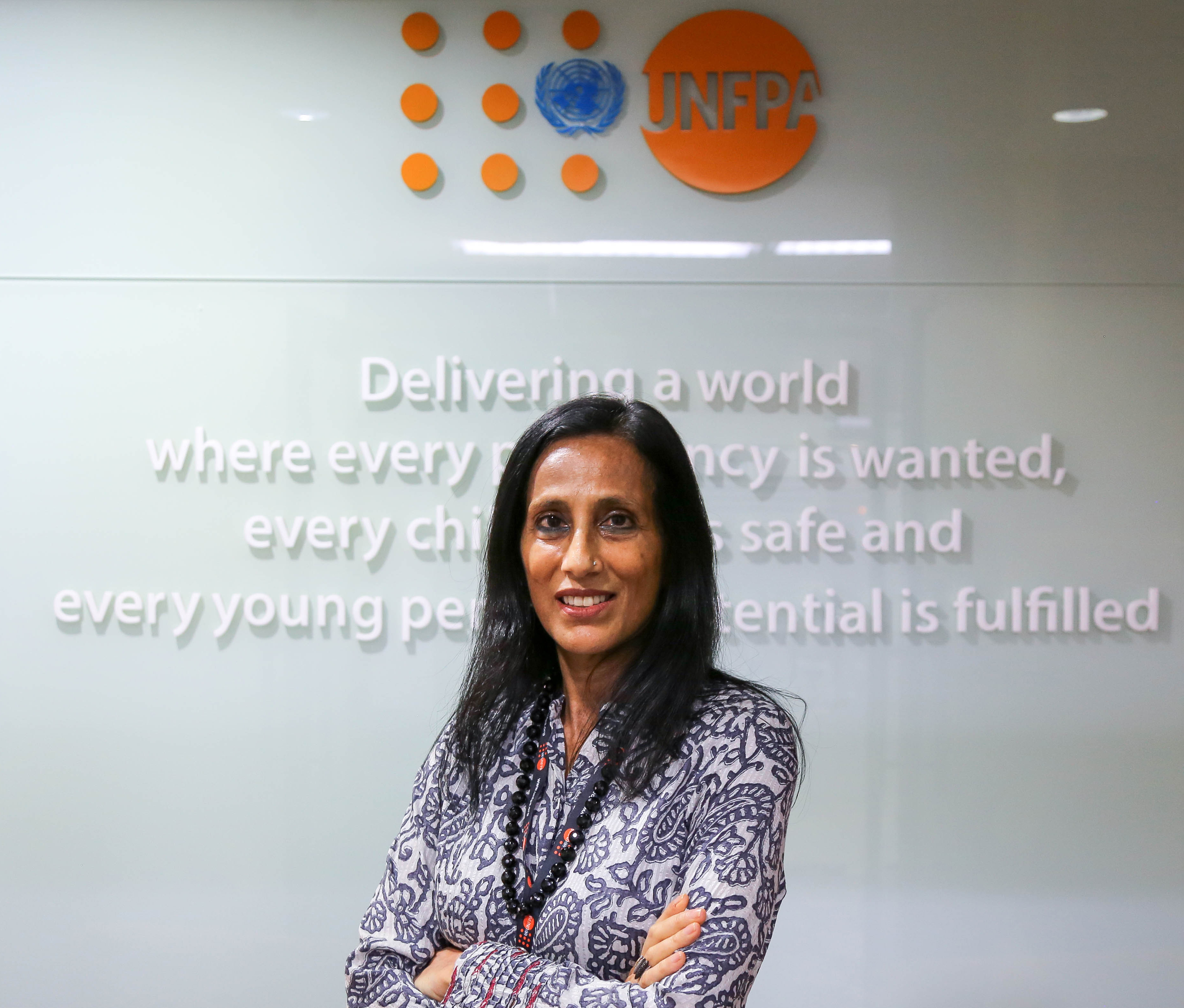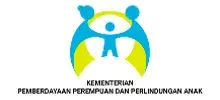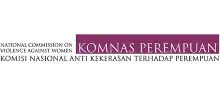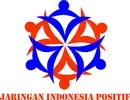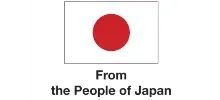ENDING MATERNAL MORTALITY AND STRENGTHENING MIDWIFERY EXCELLENCE
In 2022, we have made significant progress towards ending preventable maternal mortality, which is one of the Three Transformative Results (known as Three Zeros), a global commitment made at the 1994 International Conference on Population and Development (ICPD). As midwives play a key role in improving maternal health, capacity building and advocacy for investing in midwives were one of our priorities. The 2020 Population Census found that Maternal Mortality Ratio (MMR) has decreased significantly from 305/100,000 live births in 2015 (Intercensal Population Survey/SUPAS 2015) to 189/100,000 live births in 2020. It means that 1 mother dies every hour due to complications related to pregnancy and childbirth, with the assumption that there are 4.7 million live births in a year. Another significant milestone in ending maternal mortality in Indonesia was the updated Basic Emergency Obstetric and Newborn Care (BEmONC) guidelines developed by the Ministry of Health (Kemenkes) with support by UNFPA and partners.



